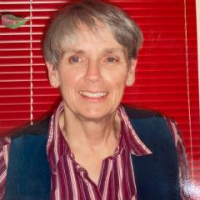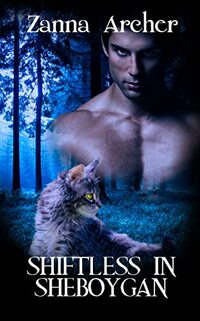What are some of your favorite childhood memories?
I am seventy-eight years old, but I still remember living with my parents (after my dad returned home from WW II) in a house converted to two one-bedroom apartments at 1012 Russell Street in Baltimore, Maryland; I played where the Baltimore Ravens now play. One neighbor had a TV, and many of us on the block gathered at her house to watch Milton Berle. I think I also saw Howdy Doody there for the first time. On Saturdays, my parents and I walked or took the streetcar downtown to shop, and I often enjoyed an ice cream soda or a comic book at the drugstore. I loved Little Lulu and Scrooge McDuck.
When I was five, my parents bought a house in the Anne Arundel Country suburbs. Although I missed the energy of city life, I had my own room (instead of sleeping in the living room), a huge backyard, and a new friend right next door.
What have been your most valuable out-of-school learning experiences?
Being a parent. Practicing and teaching yoga. Traveling.
Do you remember the first book you ever read? What was it about?
I think the first page I read was in a picture book. I don’t remember the title of the book, but I can see two pages spread in front of me with the words “These are the shoes of Timothy Tim” printed across the bottom of the page below the shoe illustration.
When did you start writing and when did you publish your first book?
I started writing in Dec. 1954 when my parents gave me a Smith-Corona portable typewriter. I published my first book in June 2022. What a long, strange trip it’s been!
What gave you the idea for the book, Shiftless In Sheboygan?
I knew that I wanted to write about three shape-shifting sisters, and I think the idea for the story of Shiftless in Sheboygan developed from the title.
Do you think that if there really was a large community of shape-shifters in real life, that they would take pains to ensure the safety of humans from shape-shifters and vice versa?
I’ve been reading Shapeshifters: A History by John B. Kachuba, and given the treatment he presents of those suspected of shape-shifting in Western cultures, I suspect that if a large, organized community of shape-shifters existed, they would try to protect themselves.
Following the same premise, do you think that humans would ever truly be able to accept shape-shifters for who they are and could both races coexist in harmony?
I think we humans have enough trouble getting along with each other. Let’s not throw shape-shifters into the mix.
When you wrote Shiftless In Sheboygan, did you plan on making it a series?
Yes. My original idea was to write about three shape-shifting sisters (The Shapesisters). The first drafts of all three books were Nanowrimo projects.
How do you decide which scenes to cut or edit out of a book when typing up the final draft?
I want to cut anything that doesn’t add to the story or interferes with the pacing.
Name one book you could read over and over again and never get tired of.
Denise Giardina’s Storming Heaven, a novel about the WV mine wars and the Battle of Blair Mountain
Was there any point in your career where writing felt more tedious than joyful? What did you do to overcome that?
Never tedious, but I did have a period several years ago when I felt frustrated by rejections. I thought about stopping but decided not to because writing gives me pleasure. I plan to keep writing until I stop enjoying it.
How important is a character's physical appearance as opposed to their characteristics?
I think both are important. Physical appearance can often suggest characteristics. For instance, in Shifting, when Steffi meets Sawyer, the shape of his mouth and the set of his jaw suggest both tenderness and toughness. Sometimes, however, physical appearance can contrast. Steffi’s sister Libby is a no-nonsense police detective with a face shaped like a Valentine heart and delicate features.
How often do you write in a week? Do you follow a certain schedule or write whenever and wherever?
I try to write every day. I do water aerobics on MWF and walk every morning. I usually write in the afternoon.
How does writing make you feel? When you're not writing, what does a normal day for you look like?
When writing is going well, I feel great. When something isn’t working or the members of my critique group have major problems with what I’ve done, not so great.
On a non-writing normal day, I’m probably running errands and keeping appointments, spending time with my son and his family, going to see a Metropolitan Opera broadcast or a movie, or trying to sell books.
Is there anything new that you're working on? When can we expect the next book to come out?
I am currently going through my final version of Book Two in the Shapesisters series. When I finish, I will write a synopsis and submit it to my editor at The Wild Rose Press. The actual book release date depends not only on progress with my manuscript but also on the publisher’s schedule for other books. If they don’t want the manuscript, I’ll explore independent publishing.
Finally, what are your thoughts on AllAuthor? Is this a helpful platform and would you ever recommend it to other authors?
I think AllAuthor is helpful, especially for authors who know how to use your services.



